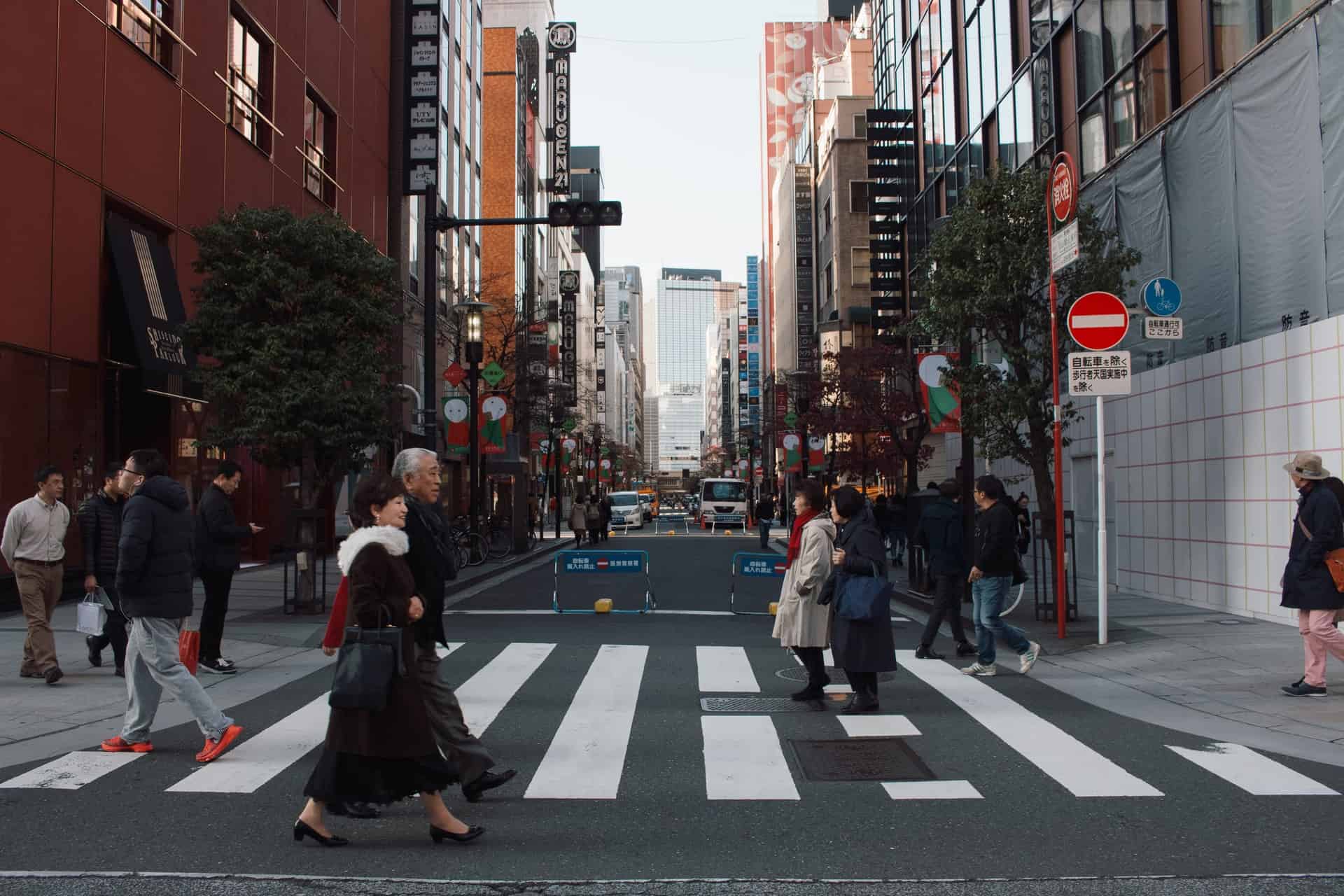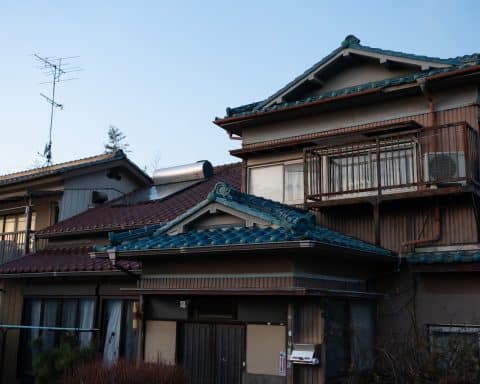If you live in the United States or United Kingdom, as most of you do, it’s likely you’re constantly bombarded with gym culture on social media.
But maybe not so if you happen to live in Japan.
So, in a country that has the highest life expectancy in the world, how do people stay fit in without hitting the weights?
Let’s find out!
Do Japanese people really not go to the gym?

Quite honestly, not really.
Whilst you or I may think it’s fairly normal to attend the gym 3-4 times a week, this simply isn’t the case in Japanese society.
From a study conducted in March 2020, Japan had around 2.57M active gym memberships. That’s around a 5% market penetration rate.
Compare this to a country such as the US where the penetration rate of gym memberships is over 20 percent and you start to see how low Japan sits in the list.
Let’s spend a few moments looking at the reasons behind Japan’s less than busy gyms. (change sentence)
Gym Prices in Japan – More Expensive Than Most

Back when I was a student I managed to get away with paying £8 ($10) a month for the local city gym.
Whilst it was nothing to write home about, I felt for such a cheap price there really wasn’t anything to lose.
In Japan, however, you should expect to pay anywhere from ¥10,000 to ¥20,000 a month for a private gym. That’s $90 to $180 every month for a gym that might not be top quality…
So why are they so expensive?
Simply because there just isn’t the demand for it like there is in western countries.
Whilst many people in the west idealize the muscular body type, it’s not as widely worshipped in Japan.
There is the possibility of going to a public gym which costs around $5 (depending on exchange rate) ago but the difference between quality at public gyms can be incredibly large.
Besides, if you ended up going more than a few times a month it would probably be worth paying the extra to attend a private venue.
So if people don’t go to the gym, then how do they continue to be the fittest country in the world?
Let’s find out.
Why are people in Japan so fit?

So if the participation in ‘working out’ or going to the gym is so low, then how come Japan is constantly touted as the healthiest and fittest place on the planet?
Because fitness is an integral part of their lifestyle, not a separate activity.
For instance, almost all children in Japan commute to school on their own. And though this might include a few forms of Japanese public transport, you won’t find a car in sight for the morning school run.
That means that from a young age, children in Japan are not only encouraged to think for themselves but also to rely on their own form of transport.
Legs!
Whether that means biking, walking, or skipping, it’s a far healthier alternative than almost any other country.

And this has been going on since the 1950s so it’s extremely well ingrained into public opinion.
So as well as (in general) one of the healthiest diets in the world, Japan has the fittest population primarily because of walking.
Do Japanese people walk a lot?

A large number of Japanese people walk pretty much everywhere.
To the shops, to school, to work, and more.
And if it’s a little too far for the feet to handle, they’ll likely just pop onto Japan’s world-famous public transport system.
Of course, that’s not to say people don’t own cars in Japan.
In fact, driving is one of the most popular hobbies in Japan. But that’s from a hobbyist approach, not practical.
What we do know about Japan and cars is that they’re a little different, practically speaking, from a lot of cars in the west. Especially larger countries like the United States
Kei cars are tiny, boxy, slow vehicles that get people from A-B. They work well for their designed purpose, but not much else.
If we dig a little deeper, we can see that as of 2019 just over 69% of people in Japan own a car.
In that same year, the US reported a far higher number of 91.3%.
We can surmise this shift in thinking from other countries is down to a few things.
Firstly, as we’ve previously read, it’s deeply ingrained within most Japanese people to walk from a young age. This habit not only promotes physical health but also fosters a strong sense of discipline and community. Understanding how to maintain motivation in Japanese culture often intertwines with these values, as group activities and social support play significant roles in encouraging individuals to stay committed. As a result, walking becomes not just a physical activity but a cultural practice that reinforces social ties and personal commitment.
When surveyed about exercise habits, a large portion of people stated they didn’t exercise despite having the highest average steps per day of any country in the world.
(Insert graph of average walking steps in the world)
And finally, the idea of walking and keeping fit has always been backed up by officials and the government. They’ve even created thousands of miles of walking routes just for that reason.
Daily exercise every morning
Can you think of any other ways people in Japan may have been exposed to ‘Exercise’ as a part of their daily routine?
If not, let me introduce you to something very special.
Radio Taiso
Radio Taiso is an exercise routine that’s broadcast several times a day on the radio and television, and it’s extremely popular.
It doesn’t take a genius to work out video consumption has sky rocketed since the start of 2020, but Radio Taiso has been popular since its release 100 years ago.
Even to this day around 27 million people participate in the stretching routine at least twice a week, that’s more than 10 times the amount that have gym memberships.
It may look a little silly, but it’s an extremely healthy way to start your morning that only takes a few minutes and can be completed in the comfort of you own home.
As far as I’m aware the only way to watch these workouts is through NHK Radio.
So unless you have a radio satellite dish and tuner, download their free app and listen along!
Unfortunately I’m not sure on the exact time of the Radio Taiso broadcast, but just remember early morning in Japan probably doesn’t mean early morning where you are!
The healthiest place on earth – If you like vegetables…

Although this is an article about the exercising habits of the people in Japan, it wouldn’t be complete if I didn’t mention their diet.
As well as exercise, the majority of Japanese people also eat extremely healthy food. That’s something that goes hand in hand with fitness and should not be forgotten.
The few staples of Japanese food are Rice, Fish, and vegetables.
They eat very little dairy and meat, maybe once or twice a week.
And the food portions are far smaller than their western counterparts.
Healthy food (Use photos from folders or Unsplash
Yes, of course, people do like sweet treats and believe me when I tell you, Japanese snacks are some of the best in the world.
But if we take a broader look at the Japanese diet as a whole, it’s vastly superior for one’s health than almost anywhere else.
Conclusion
So yes, exercise like the Japanese do and incorporate as much walking as you can into your day but if you’re upgrading your fitness regime, then consider spending some time fixing your diet, too.








